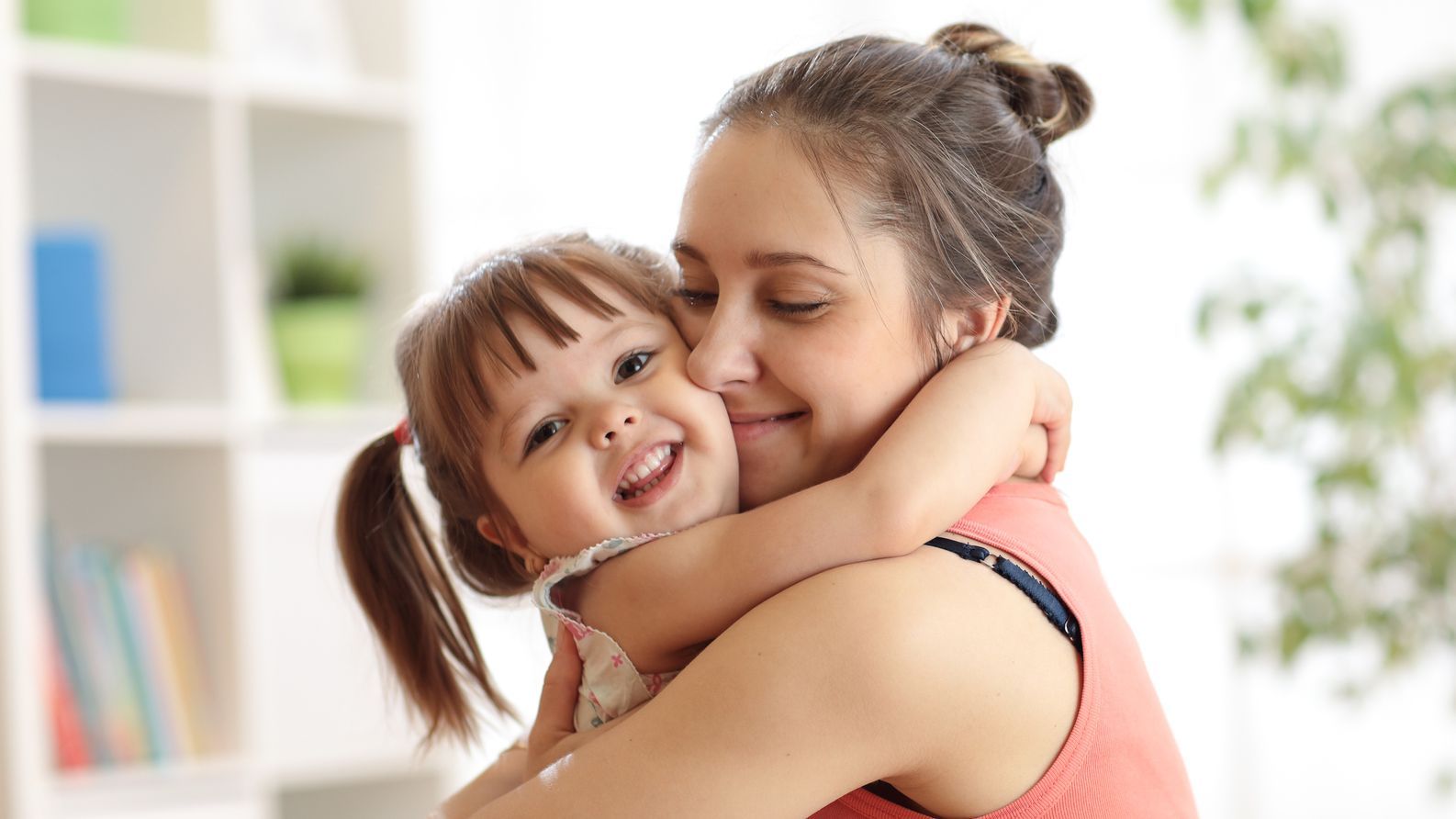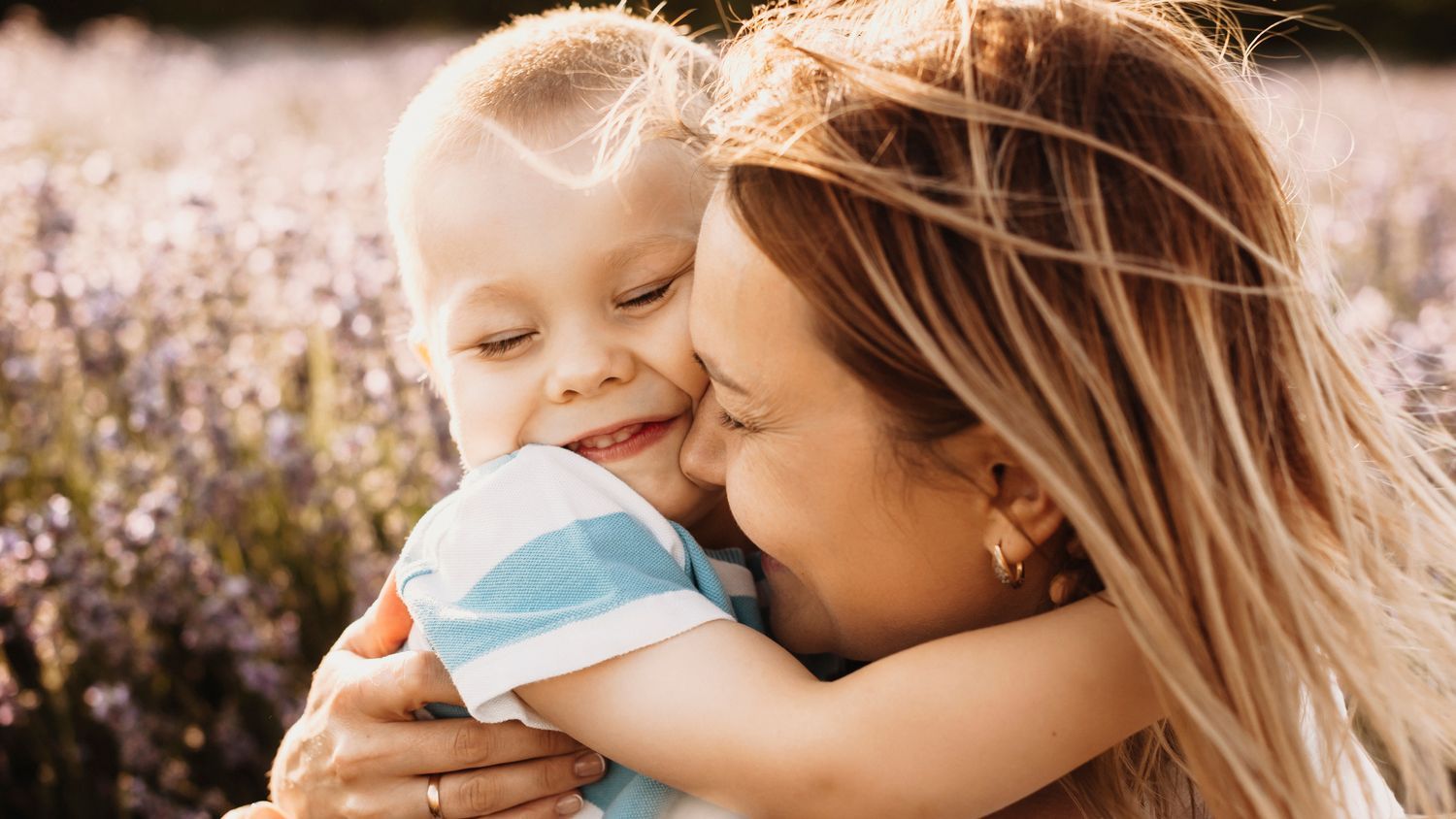
Different parenting styles have direct effects on child development and outcomes. Although that is a fact that has been shown repeatedly through research, the style of parenting we choose to raise our children is not something many of us think about – often unconsciously acting out exactly what we saw our own parents doing.
Why Does It Matter?
For full transparency, I didn’t know very much about the actual psychology of parenting styles when I became a mom. If you’re equally in the dark, give yourself grace as you reflect on the fact that I’m a pediatrician! I am the person you often go to for parenting advice, and I’m here to tell you that THIS is NOT something we are taught in medical school or residency.
When my oldest son was just 18 months old, I gave him his first “time out”. You know the drill. I wasn’t happy with something he was doing, and I let him know it by telling him (uh, yelling) and then having him sit by himself for 2 minutes.
This was a technique I’d heard a lot about to help control behavior and one I often suggested to the parents of patients in my medical practice when they were struggling with behavior. It seemed like a peaceful way of handling whatever issue my son and I were having at the moment.
It felt awful.
The look on his face and the feeling in my body were not something I wanted. It was then, years into giving parenting advice as a pediatrician, that I decided to actually LEARN about parenting. The reasons were selfish at first – I just wanted to feel better about my own parenting. What I learned led me to believe this is information we should all have access to.
There is a great variety of ways that we parent our children, and there are enough similarities that researchers have grouped parenting styles into four common methods which differ in discipline style, communication, nurturance, and expectations.
In the field of psychology, the parenting styles commonly referred to today are based on the work of a developmental psychologist, Diana Baumrind, and refined by Maccoby and Martin. They are classified as dominant, authoritative, permissive, and neglectful. At the Jai Institute, we recognise a fifth parenting style, but we’ll explore that shortly.
What Do These Parenting Styles Mean, and Where Do You Fall on The Spectrum?
Neglectful
Let’s start with the one that may seem most foreign to you. While the occasional parent may make a conscious decision to parent this way, often the parents are either uninterested in parenting or unsure what to do. It is doubtful that the neglectful parent will be reading this article!
As the name makes clear, parents that are considered to have a neglectful, or uninvolved, parenting style don’t interact very much with their children at all. Children are left largely to fend for themselves, receiving very little in the way of rules, structure, or affection. Communication is limited, there is little nurturing, and expectations are low or nonexistent.
Neglectful parenting runs the risk of being dangerous for the children, and may lead to the children being taken from the home.
Besides the obvious risks of physical harm if children aren’t properly supervised, there are psychological risks from neglectful parenting that have been discovered. It is not uncommon for children that experience this style of home life to become depressed, struggle forming close relationships, exhibit hostile behavior, and cut themselves off from others.
Permissive
Parents who fall mainly into the permissive parenting style are known to let their children do what they want. Rules and structure that might disappoint or upset the child are avoided.
This parenting style looks like the parent that acts more as a friend to their child. Communication is often open; however, these parents let children make decisions for themselves often without giving any direction. These parents are often warm and nurturing, and expectations are minimal or not set by the parents.
While it may sound all “warm and fuzzy” to be friends with your child, taking that to the extremes of few or no boundaries and minimal guidance that is common with permissive parenting, research has shown that long term effects aren’t quite so desirable.
Negative consequences of overly permissive parenting include: poor emotional control, being overly rebellious and defiant when not getting their way, giving up in the face of challenges, and engaging in harmful antisocial behavior such as drug and alcohol abuse.
Dominant (Authoritarian)
“Because I said so.”
Is that a line you know very well? Many of us have heard it said to us as children, and likely many of us have found ourselves saying it!
The authoritarian style can be described as dictatorial. Parents who lead their household with this style expect to be obeyed without question and without having to give a reason. Rules are rules, and they are not to be questioned or discussed.
Punishment is something that is used for breaking rules and to ensure obedience. Children are rarely given a say in their own lives; they are expected to obey. Affection is sparing. Communication is often one way: from parent to child. Expectations are high with limited flexibility.
As with the two other previously mentioned parenting styles, there are negative consequences to authoritarian parenting: difficulty deciding things for themselves (“followers”), difficulty discerning right from wrong on their own, and low self esteem where confirmation of worth is sought from authority figures.
An interesting aspect of the authoritarian style is that studies have shown that the “good” behavior only lasts as long as the parent is around. Often, the children will act out or go against the rules when they aren’t being observed.
Empowered (Authoritative)
If you are reading this article, I imagine that none of those three styles have the end results that you are looking for when it comes to your relationship with your children and long-term effects on their mental well-being. That leads us into the authoritative parenting style.
With this approach, there is a balance between structure and independence which allows the child to grow within boundaries while being able to explore their abilities. Generally, with this style, there will be a standard of discussed values that is upheld, and there will be support through an emotionally caring environment that fosters trust. There is room for mistakes and freedom to make them without judgment within a structure that provides guidance.
A child raised in an authoritative household is allowed to question why they are being asked to do something. Parents are willing to explain their reasons in a way the children are able to understand. In an authoritative household, disciplinary methods are supportive rather than punitive.
Unlike the negative consequences of the neglectful, permissive, and authoritarian styles that we just discussed, this style is thought to have largely desirable outcomes. It can help children gain self-assurance, handle responsibility, figure out how to overcome difficulties, and become confident in their own judgment.
Transformational
Here is where the new parenting model comes in. While authoritative parenting is the most traditionally recommended among the above four parenting styles, there is still one piece missing: the authoritative model still, at the end of the day,
attempts to control the behavior of the child:
“In this parenting style, the parents are nurturing, responsive, and supportive, yet set firm limits for their children. They attempt to control children's behavior by explaining rules, discussing, and reasoning. They listen to a child's viewpoint but don't always accept it.”
Like the authoritative parenting style, the transformational parenting model creates a space of safety, trust, and positive disciplinary methods to support a child’s healthy development into self-confident and self-disciplined adulthood.
The differentiating factor is that in transformational parenting, our intention is not to use tools and tactics to control the behavior of the child, but to instead co-create solutions and meet our child’s feelings and needs in a way that is still within the values and boundaries of the home.
In authoritative parenting, we’re utilizing some helpful tools, however the intention is still to have our desired outcome as the parent reached, over meeting the deeper needs of the child.
The shift of moving out of feeling the need to control the child’s feelings or reactions is where the true transformation happens. This is not to say that transformational parenting falls into the permissive parenting category, in fact it’s the opposite.
Transformational parenting is hands-on parenting, and shows up for even the most intense emotions and reactions from our kids with age-appropriate boundaries and natural consequences. When we have the tools of empathy, emotional self-regulation, and an understanding of children’s brain development and nervous system science, we can meet the needs of our child and co-create peace, without needing to control the behavior.
Under this model, behavior dissipates because all needs are met – in parent and child.
When we can remain regulated through a calm understanding that our children’s behavior is developmentally appropriate, our can kids co-regulate from our calm. As adults, we have the power to empower our children and allow them to reach nervous system safety through being their safe harbor. When all needs are empathized with and met, calm, connection, and cooperation can ignite between the parent and child.
What Now?
Understanding how you want to parent, and how you don’t want to parent, is a huge first step!
In reflecting on your parenting journey, you likely could think of different scenarios where you have, at least to a small degree, been in any of the four categories.
All of us have been children parented with different approaches, and that most certainly will affect how we interact with our own children.
For example, often, the parent who is permissive may have been raised in a dominant home and they don’t wish to have their children have the same experience. The pendulum swings completely to the other side of the spectrum.
If you find yourself often falling into a parenting style that you don’t actually want, let me assure you that change is possible! I had a strong desire to be a transformational parent … and honestly, I spent more time yelling and controlling than I wanted. Authoritarian/disciplinarian was a more accurate description of my actions.
With the information I learned at The Jai Institute for Parenting, I transformed not only my relationship with my children and the atmosphere in my home, but my entire life (no exaggeration!).
If you are more interested in a peaceful, transformational approach to parenting and aren’t sure where to start, the Jai Institute for Parenting may be the perfect place to begin your journey towards becoming the parent you dream of being for your child.
No matter what you have been doing, you can learn how to create the healthiest environment for your children (and YOU!) to thrive while
becoming a Certified Transformational Parenting Coach.
Meet Your Author, Dr. Tiffanie Noonan
Dr. Tiffanie Noonan is a Board Certified Pediatrician, founder of EPIC Parenting, and homeschooling mom. Dr. Noonan is a Jai Certified Parent Coach and Board Advisor.
As an advocate for empowering children with a strong sense of self-worth, internal motivation, and empathy, Dr. Noonan speaks and writes extensively to share her message. She serves as Board Secretary for Parenting 2.0’s educational non-profit, The Global Presence. She lives in Charleston, SC with her husband and two sons.
KEEP READING:








